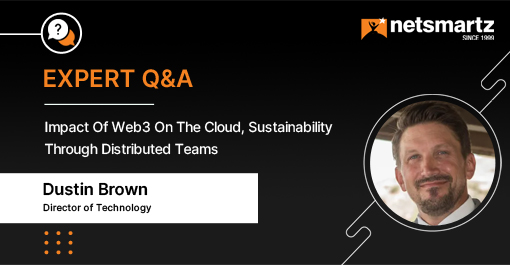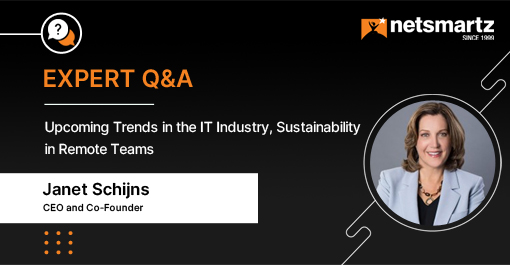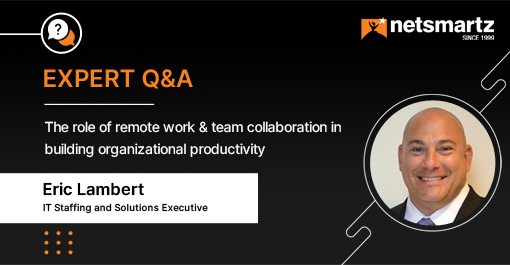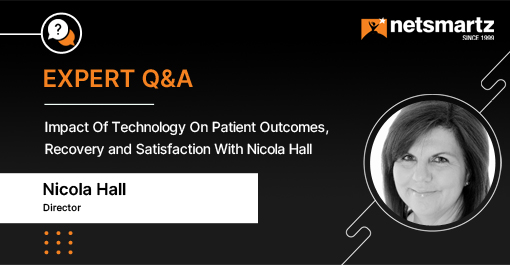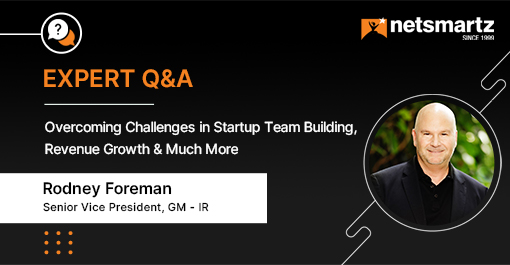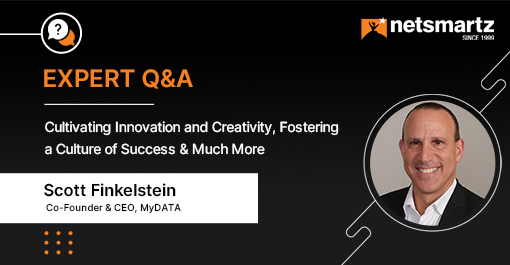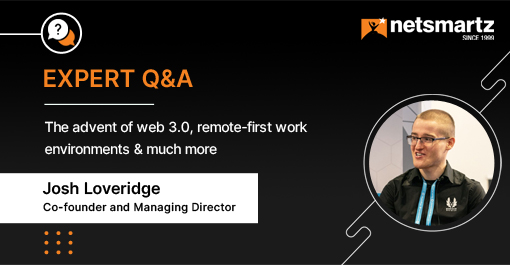Building Effective Partnerships in the Green Technology Sector & Much More

The green technology space is rapidly evolving, driven by the need for sustainable solutions and the growing awareness of environmental issues. It is essential for businesses looking to venture into this market to approach business development with careful consideration and strategic planning. That’s why we got in touch with John Gaffigan to get his expert advice on approaching business development in the green technology space and highlighting key considerations for success.
Keeping on reading to learn his insights!
Want to contribute to our expert insights?
Contact Us About John Gaffigan
About John Gaffigan
He is a veteran sales professional for private and public sector clients across various technologies – telecom, datacom, security, and IT professional services. Since 2014, my efforts have mainly been devoted to emerging companies with proven resource conservation sustainability solutions and resilient infrastructure offerings. I’m also implementing go-to-market services for a digital agency. Specialties: Enjoys the challenges of complex solution selling, coupling client’s needs assessments with the right resources to meet the client’s mission goals. Successfully developed new businesses, from start-ups to Fortune 500 enterprises. Equally fluent in the nuances required to succeed with front desk receptionists up to C-level executives.
1. What’s your advice for approaching business development in the green technology space, and what are some key considerations for success?
First and foremost, all emerging firms (green tech or other) should verify the merit of their intended solution with some prospective end-user candidates. You do not want to be 500K+ of friends and family money into an offering that doesn’t get traction. At which point you can objectively confirm that the core value prop is resonating in the intended markets, you must find some early adopter candidates. This is where I come in via my outsourced sales consultancy for emerging green tech companies.2. How can businesses effectively measure the ROI of technology investments, and what metrics should they use?
All business CFOs have a threshold on what is acceptable in the way of ROI. Some investments are deemed more strategic in nature, where a 4 or 5-year (or longer) simple payback is deemed OK. For more transactional investments, almost every CFO will pay attention to solutions that evidence a 2-year or less simple payback. BONUS – any goodwill that can be created around the corporate brand making green investments is an added plus. It’s a soft benefit but a legit one that absolutely applies!3. What role do partnerships and collaborations play in the green technology market, and how can businesses forge effective partnerships?
Partnerships and alliance collaborations should play a HUGE role in the green tech space, as apropos for any emerging firm market space. It’s all about leveraging strong relationships with your industry friends that make for worthy “gives and gets” for the collaborating partners. This is especially true for smaller firms that get direct benefits from helping one another grow their respective lines of business.4. How do you see the green technology market evolving over the next 5-10 years, and what opportunities and challenges do you anticipate?
Green tech is here to stay for a variety of reasons. As green tech solutions become more robust, they often displace the less sustainable existing ones on ROI terms. This gets the attention of the CFO (or it should)! Furthermore, the CSO (Chief Sustainability Officer) loves PRs about their organization being a good environmental steward. The buying audience has a lean towards purchasing goods and services from companies that exhibit good stewardship. These trends will only continue to grow. Wrapping Up
Wrapping Up
As the demand for sustainable solutions continues to rise, the green technology market presents significant opportunities for businesses willing to innovate and embrace environmentally friendly practices. To succeed in this space, companies must verify the viability of their solutions and find early adopters. Measuring ROI effectively and considering financial and non-financial benefits is important for making informed technology investments. Collaborations and partnerships are pivotal in the green technology market, enabling firms to leverage each other’s strengths and accelerate growth. The green technology market is expected to expand further as more companies recognize sustainable solutions’ financial and environmental benefits. By staying agile, fostering innovation, and prioritizing sustainability, businesses can position themselves for success in this dynamic and promising sector.
Overall, this Expert Q&A was refreshing. As much as we enjoyed reading it, we hope you will find it insightful as well.

Are You An Influencer?
Make Your Mark as a Thought Leader
We invite industry influencers to participate in our Q&A panel, offering the audience valuable insight into cutting-edge technology trends, platforms, and more.





